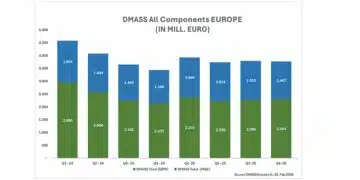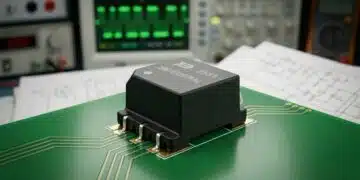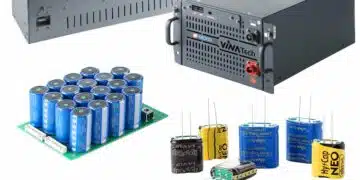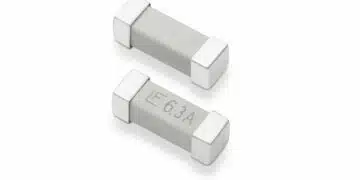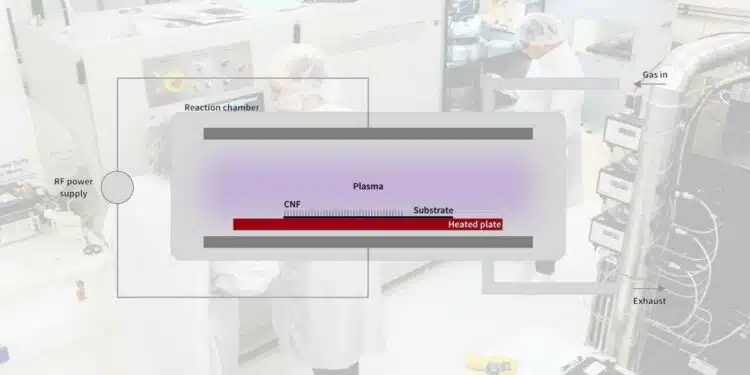Smoltek is pleased to announce a significant milestone in the development of next-generation CNF-MIM wafer based capacitors. The latest prototypes of the capacitors have demonstrated exceptional stability under both temperature and voltage stress.
Smoltek Semi has successfully fabricated samples from the latest prototype generation using an advanced dielectric stack composed of zirconium oxide (ZrO₂) and aluminum oxide (Al₂O₃) that meets 125°C temperature and voltage stability.
Dr. Farzan Ghavanini, CTO at Smoltek, emphasizes the significance of this breakthrough in CNF-MIM performance.
The combination of CNF electrodes with a ZrO₂/Al₂O₃ stack not only leverages the proven reliability of DRAM-grade dielectrics but also delivers exceptional TCC and VCC characteristics that surpass those of ultra-thin MLCCs currently used as landside decoupling capacitors in high-end processors.
Key Performance Highlights:
– Thermal Stability (TCC): The tested capacitors exhibited robust performance up to 125°C, maintaining only a slight 2.5% change in capacitance from room temperature (22°C). No signs of degradation were observed, indicating the durability and reliability of the dielectric stack under extended thermal stress.
– Voltage Stability (VCC): When tested across a bipolar voltage range of ±4V, the devices demonstrated minimal capacitance changes, with only about 3% variation. This further validates the dielectric integrity of the capacitors. Notably, at a 2V operating range, the target rating voltage for landside applications, the capacitance shift was contained within approximately 1%, highlighting the suitability of these devices for high-performance systems.
A Leap Forward in Smoltek’s CNF-MIM Technology:
The advanced dielectric stack, composed of zirconium oxide (ZrO₂) and aluminum oxide (Al₂O₃), used in Smotek Semi’s prototypes is the same stack employed in the charge storage capacitors of most advanced DRAM technologies.
In the next phase, Smoltek’s CNF-MIM capacitors will undergo extensive accelerated life testing to further validate their long-term reliability under various operating conditions.
Temperature Coefficient of Capacitance (TCC) and Voltage Coefficient of Capacitance (VCC) are two important concepts in the field of electronics. TCC describes the change in capacitance of a capacitor as the temperature varies, while VCC describes the change in capacitance under the influence of applied DC voltage. Understanding these coefficients is crucial for selecting and applying capacitors effectively, especially in circuits where temperature or voltage fluctuations can impact the performance of the device.



